Humans
Sign up for our newsletter
We summarize the week's scientific breakthroughs every Thursday.
-
 Health & Medicine
Health & MedicineSan Francisco airport will monitor plane waste for COVID-19 variants
The airport, working with the CDC and a biotech company, will be the first in the United States to regularly test plane sewage.
-
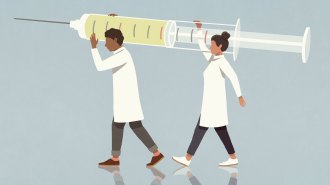 Health & Medicine
Health & Medicine50 years ago, enzyme injections showed promise for treating a rare disease
Enzyme replacement can offer relief to people with rare diseases. Now, scientists have found a way to treat one disease before a person is even born.
-
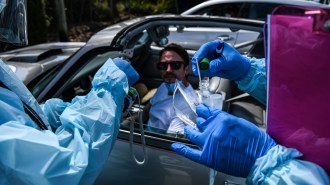 Health & Medicine
Health & MedicineWHO declares an end to the global COVID-19 public health emergency
Global COVID-19 deaths are down and immunity is up. But with the virus here to stay, it’s time to shift to more long-term health measures.
-
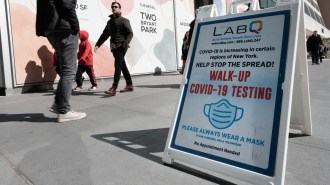 Health & Medicine
Health & MedicineThe U.S. COVID-19 public health emergency is ending. What does that mean?
The declaration, made early in the pandemic, made tests, vaccines and treatments free to all. On May 11, the proclamation ends.
-
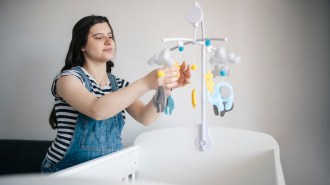 Health & Medicine
Health & MedicineWomen who’ve had breast cancer can safely pause treatment for pregnancy
Hormone therapy cannot be taken during pregnancy. A new study is reassuring for women who’ve had breast cancer and want to try for a baby.
-
 Health & Medicine
Health & MedicineThe FDA has approved the first-ever vaccine for RSV
GSK’s shot, for those 60 and over, can protect against severe respiratory syncytial virus. Other vaccines, including to protect newborns, are in the works.
-
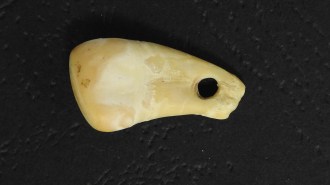 Archaeology
ArchaeologyAncient human DNA was extracted from a 20,000-year-old deer tooth pendant
Insights into Stone Age people’s lives may soon come from a new, nondestructive DNA extraction method.
By Bruce Bower -
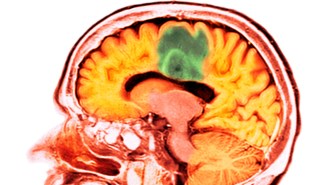 Health & Medicine
Health & MedicineUltrasound allows a chemotherapy drug to enter the human brain
An early-stage clinical trial demonstrates a technique for getting a powerful chemotherapy drug past the usually impenetrable blood-brain barrier.
-
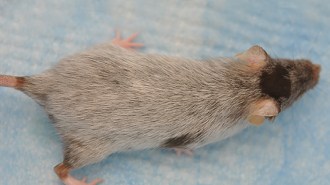 Health & Medicine
Health & MedicineMouse hair turns gray when certain stem cells get stuck
Stem cells involved in giving hair its color must keep moving and changing maturity levels to prevent graying, a mouse study suggests.
-
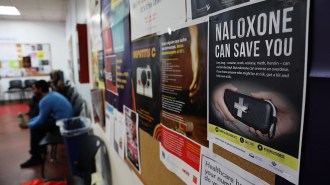 Health & Medicine
Health & MedicineFentanyl deaths have spiked among U.S. children and teens
Wider access to naloxone, which reverses the deadly effect of fentanyl, is key as more children are exposed to the opioid, experts say.
-
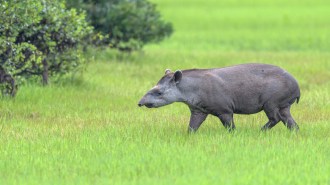 Genetics
GeneticsHere are 5 cool findings from a massive project on 240 mammal genomes
A new series of studies on mammal genetics is helping scientists start to answer questions about evolution, cancer and even what makes us human.
By Meghan Rosen -
 Health & Medicine
Health & MedicineHere’s what we know about upcoming vaccines and antibodies against RSV
New vaccines and monoclonal antibodies may be available this year to fend off severe disease caused by respiratory syncytial virus.